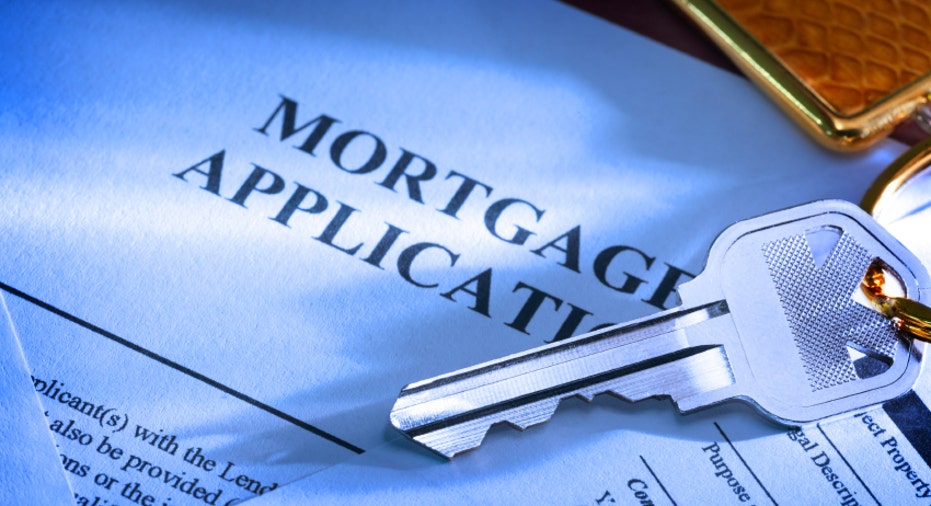Is it Wise to Use IRA Funds to Pay off Mortgage?

Dear To Her Credit,
When I retire, is it better to pay off an existing home mortgage with IRA funds or leave the funds alone as long as possible and continue to pay the mortgage?
- Linda
Dear Linda,
Paying off a mortgage when you retire, even if you have to use retirement funds to do so, may sound very appealing. We're not making much money in savings accounts or money markets right now, anyway. Surely, the thinking goes, if we all paid off our mortgages, we could retire and live on very little income.
Nevertheless, unless your mortgage balance is very small in comparison to your retirement nest egg, I would strongly advise against raiding it to get rid of your mortgage.
The problem with using all or most of your IRA to pay off your mortgage is that once you've taken the money out of your retirement account and sent it to the bank, it's gone. You can't get it back for emergencies or living expenses if you ever need it, short of refinancing or getting a reverse mortgage. That's too great a risk.
Kimberly Foss, president and founder of Empyrion Wealth Management, advises people thinking about using their IRA accounts to pay off their mortgages to, "Stop, Drop, and Don't Roll: "STOP and think, DROP the idea, and don't even think of ROLLING your funds out of your IRA to pay off your mortgage!"
The number of years most people can expect to spend in retirement has been growing. Some people may spend almost as long in retirement as they did in the workforce! As a woman, if you retire at age 65 and are in average health, your life expectancy -- taking into consideration that you've made it this far -- is about 19 years. (It's 17 years for men who have reached age 65.)
With no idea how many years your retirement funds will need to last, you should avoid taking anything but scheduled withdrawals from your IRA.
Taking enough money from a traditional IRA in one year to pay off your mortgage could also be disastrous tax-wise. You have to pay tax on IRA withdrawals unless the tax has already been paid, for instance, in a Roth IRA. Making a huge withdrawal in one year could push you into a higher tax bracket. You may be shocked by how much of your IRA withdrawal goes to taxes. Worse yet, you could apply the money to your mortgage and then find out how much tax you owe when you file your taxes -- when you have no cash on hand to pay the tax. Ouch.
The main reason people want to pay off their homes is to improve their monthly cash flow. Here are a few ways you can do that without decimating your IRA:
- Find as many resources between now and retirement to pay off the mortgage as you can. With a goal in mind, you could drastically cut expenses and apply the savings to your mortgage balance. You might work overtime or pick up extra work, or even sell extra real estate, collectibles or other assets.
- Postpone retirement. By working a couple years longer, perhaps you can pay off your house. Your Social Security benefits will probably be significantly higher if you put off taking them, too.
- Downsize. After retirement, you can live anywhere. You might save 30% or more by moving a few miles away. If your new home and lot are smaller and less expensive, you'll save on maintenance and property taxes, too.
- Refinance. If you haven't refinanced lately, taking advantage of the record-breaking low mortgage rates could save you money every month. Consider getting a shorter-term mortgage and you'll get an even lower rate.
- Get a reverse mortgage. It sounds counterintuitive to take money out of your house when you want to pay it off. Your retirement may be more feasible, however, with a reverse mortgage that pays you every month.
Foss coined the word "hopium" to describe the addiction some people have to hoping their retirement savings will last as long as they do. She says, "Hopium is not an investment strategy!" Instead, get help planning a strategy that helps provide you with a secure, happy retirement.



















